I.
A black bear breaches the school fence, its lopsided gallop trailing mulch behind paws.
Every man with a pitchfork: gunpowder grey.
Every kid playing hopscotch: corralled to screen doors.
This is how we know they are safe. This is how we know the distance of binary stars.
The sun carves half-moons into chests, hats tilted back. A man spreads his hands into prints in the mud, each claw mark a pressed punctuation near the swings.
Remember when little legs pumped against sky. Legends of the chains wrapping all the way around, a spark smoldering somewhere below the diaphragm if only to say it’s been done before. Even now, when summer pulls them out before noon, they kick against clouds—their soft bodies rise and fall in a metronomic tick.
The bear disappears into sycamore bark. All black into white, stripped and left in the grass. The men scratch their heads and climb into trucks, a dent in one the shape of Clingman’s Dome. I wonder if he remembers how it happened. How the world can break into calibrated points, each one a disfigurement of bees.
II.
I am raising a wild thing. The wings of her ribs beat against cave walls, and every day I work to set them free. Each morning, a system of opening doors, her pudgy arms locked around my neck. I ask her, Has there ever been more than this?
When she was born—her feet the shape of claws, her mouth a cup of soft fur—I watched her run through the halls, doctors extending to catch her long limbs before dark. She escaped them all, tumbling into my breasts, her tiny spine a rooted tree. So often this is not how it goes, she says. So often mothers work their fingers to brittle tips, afraid someone will ask why they crafted the bars too wide, left the door unhinged or without a latch.
I watch her tame crocodiles with her bare teeth. Once, a goat’s hoof hanging from her lips.
A year after her birth she came to me at night. Her hair the sweet gold of barley. Her ribcage the circumference of a sequoia limb. She perched on the edge of my bed in silence until I could no longer stand the compression of my skin. I knew this was the beginning of the end of things. The way she looked out the window for new moons to touch. The way her eyes became a language I hadn’t learned to speak.
III.
The men search for days. Maybe years. They lift up every rock into the air and call, Do you see her here?
At the end of a two-step, some song the men play at the end of cold war, they find the bear clinging to a poplar tree.
They pull her down and extract her snarl, remove words like phloem and cambium cell. Nothing left but her wet snout and the absence of incisors. Maybe the hind leg of a deer.
I wonder if her mother knows she is there. If her mother is tucked away in some blackberry bush, the thorns pricked deep in the soft pad of her paw. Or perhaps feeding other cubs from her body, their mouths pulling pint after pint from the break of her chest. Will she let them go the same way? If she could, would she eat them up one by one, let them grow and play in the warmth of her gut.
We hear the trucks pull away, bear-full.
The children return to swings and rusty slides. Mothers tie leashes around their babies’ waists, mostly girls, strong ropes that tether tiny hip bones to hands. In the evening, they march them in parallel lines, hair pulled back into obedient shapes.
This is how we keep them safe, they say, as a blue sun teeters on rooftops, almost afraid to fall.


